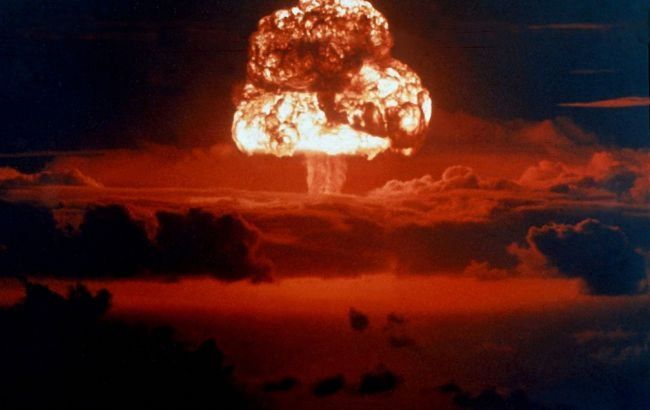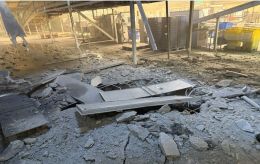Deputy Secretary General of NATO on Putin's nuclear threats: 'It's intimidation'
 Photo: Deputy Secretary General of NATO on Putin's nuclear threats: This is intimidation (Getty Images)
Photo: Deputy Secretary General of NATO on Putin's nuclear threats: This is intimidation (Getty Images)
Deputy Secretary General of NATO Mircea Geoană labeled Russian President Putin's statement regarding the readiness to use nuclear weapons in case of NATO troops being sent to Ukraine as another "psychological intimidation," according to El País.
He noted that such threats have been observed worldwide for over two years since the full-scale war began in Ukraine. In his opinion, Putin's intimidation is "irresponsible," and there is currently no immediate threat.
Mircea emphasized that such statements are highly dangerous as they undermine trust in the sphere of nuclear weapons, stating, "Russia knows the consequences of such an eventuality."
"We know that this is mainly the same bombastic way of blasting the West and describing the war that he started in Ukraine as a war of civilizations or when he maintains that the West is trying to destroy Russia, which is total nonsense," added the Deputy Secretary General.
Putin's nuclear intimidation
On Thursday, February 29, Russian leader Vladimir Putin expressed "full readiness" of nuclear forces in case NATO countries engage in the war in Ukraine. He stated that everything that the West invents threatens to conflict with the use of nuclear weapons, and hence the destruction of civilization.
Poland's Prime Minister, Donald Tusk, noted that Putin's aggressive rhetoric should be taken seriously, calling on the European Union to be prepared for various scenarios. According to him, such an "arms race" by Russia obliges the West to wake up and prepare from a military perspective for potential threats.
China, on the other hand, urges countries with nuclear weapons to work prudently and support global strategic balance, as there will be no winners in a nuclear war. China's Ministry of Foreign Affairs spokesperson, Mao Ning, called on parties to build a balanced, effective, and resilient architecture for European security through dialogue.

